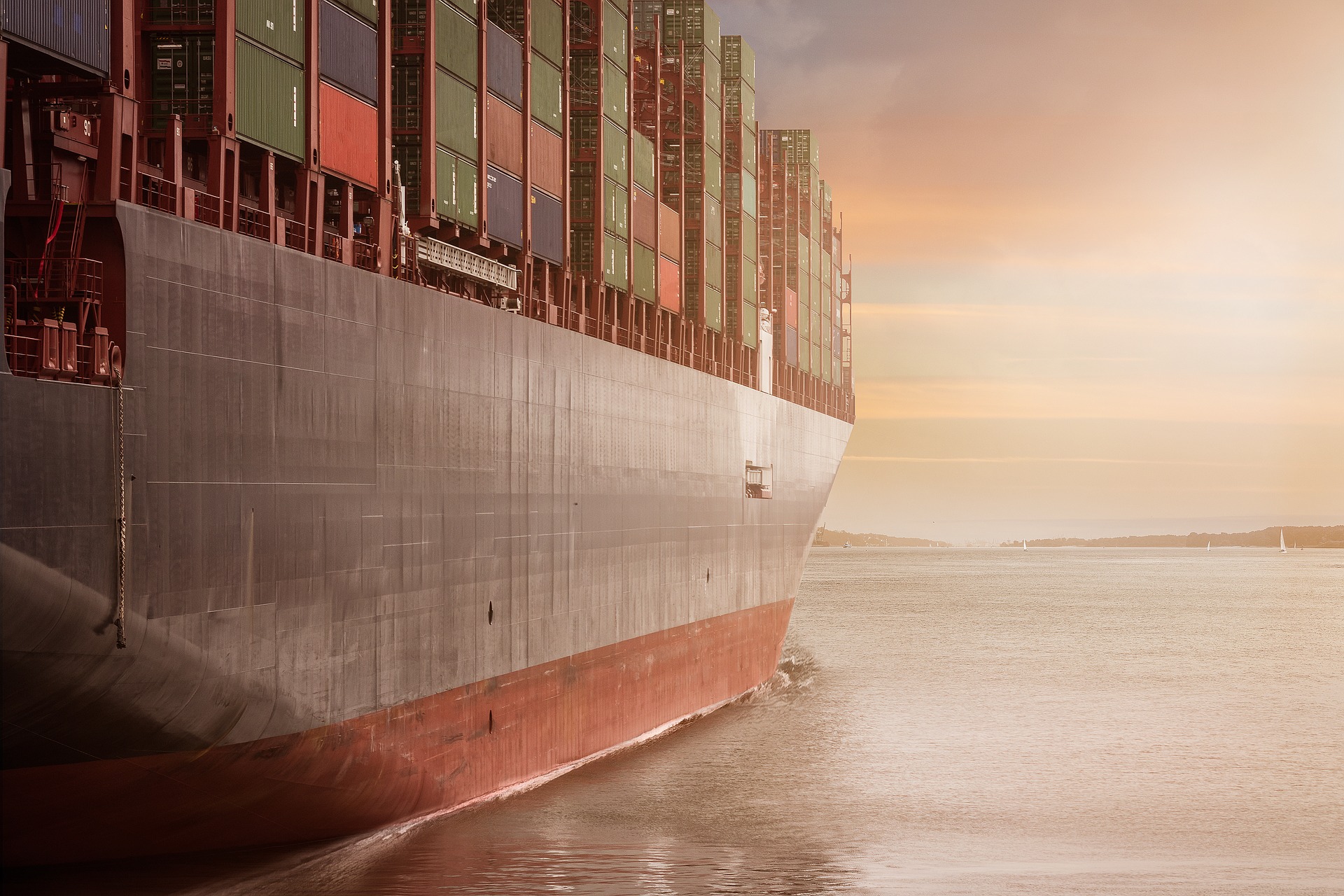
Prospects that a deal will be reached soon to allow Ukrainian grain exports out of the country are premature, its lead trade negotiator has said.
Taras Kachka, Ukraine’s deputy minister for the economy, said that hopes grain would be released through Black Sea ports were unlikely to occur as Russia was trying to use negotiations to further its war aims.
Overly optimistic
Kachka said Russia’s efforts to conquer the country’s south are preventing a deal and rumours of a breakthrough were “more optimistic than reality”, reports the FT.
“If there are talks, we will participate. But that doesn’t mean we will agree to any option that is on the table,” he said.
As reported the IOE&IT Daily Update previously, Russia is currently subject to a bevy of sanctions affecting their international trade.
G7 plea
G7 leaders have asked Vladimir Putin to lift the blockade on Black Sea ports before the summer harvest. The country is responsible for 13% of global grain exports.
Kachka said a condition of Russia ending the blockade was a right to inspect all ships.
“Russia is strangling Ukraine by blockading its ports. There is no substitute to the Black Sea ports in delivering 50mn tonnes of soft commodities to global markets,” said Andy Hunder, president of the American Chamber of Commerce in Ukraine.
UK tariff cuts
Boris Johnson has promised to make imported food cheaper by cutting tariffs on foods not produced in Britain such as oranges, bananas, olives, and rice, reports the Times.
Anne-Marie Trevelyan, the international trade secretary, is working on a list of products where tariffs could be cut but has warned that the plan was legally complex and might only have a “tiny” impact on bills.
Farmers affected
According to the BBC, farmers are being forced to cut back on their food production due to soaring costs.
A third of arable farmers told the National Farmers Union they are cutting back on crops for food, with many switching from growing wheat for bread to wheat for animal feed, as it uses less fertiliser.
Grain prices
A report by the Organisation for Co-operation and Development (OECD) and Food and Agriculture Organization of the United Nations stated that the Ukraine war could force prices of grain 34% above pre-conflict levels.
Wheat, corn and sunflower oil production have all been affected and Russia’s role in fertiliser markets will have a knock-on effect on productivity, it claims.
Food challenges
A scenario simulating a severe export shortfall from Ukraine and Russia in the next two years would see a further increase in the number of chronically undernourished people in the world.
“Without peace in Ukraine, food security challenges facing the world will continue to worsen, especially for the world’s poorest,” said Mathias Cormann, secretary-general of the OECD, in a press conference announcing the report.
Russian resume shipments
As reported by independent Russian news site The Moscow Times, Russia recently started shipping grain from Ukraine’s occupied ports.
The head of the pro-Russia administration in the region, Evgeny Balitsky, said: “After numerous months of delay, the first merchant ship has left the Berdyansk commercial port, 7,000 tons of grain are heading toward friendly countries.”



